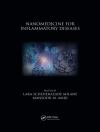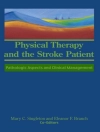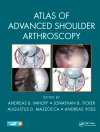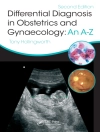Recent scientific evidence points to the origins of childhood obesity as an outcome of the dynamic interplay of genetic, behavioral, and environmental factors throughout early development, with a compelling body of evidence suggesting that both maternal and paternal nutritional and other exposures affect a child’s risk of later obesity. The burgeoning field of epigenetics has led researchers to speculate that many of the observed associations between early developmental exposures and later risk of childhood obesity are mediated, at least in part, through epigenetic mechanisms.To explore the body of evolving science that examines the nexus of biology, environment, and developmental stage on risk of childhood obesity, the Institute of Medicine and the National Research Council convened a workshop in February 2015. The workshop focused on the prenatal period, infancy, and early childhood and addressed evidence from both animal and human studies. Workshop objectives were to (1) identify epigenetic-mediated relationships between exposure to risk factors during sensitive periods of development (gestation through age 3) and subsequent obesity-related outcomes; (2) explore the science around periods of plasticity and potential reversibility of obesity risk in the context of early childhood development; and (3) examine the translation of epigenetic science to guide early childhood obesity prevention and intervention to reduce obesity risk. This report summarizes the information presented and discussed at the workshop.
Food and Nutrition Board & Institute of Medicine
Examining a Developmental Approach to Childhood Obesity [EPUB ebook]
The Fetal and Early Childhood Years: Workshop Summary
Examining a Developmental Approach to Childhood Obesity [EPUB ebook]
The Fetal and Early Childhood Years: Workshop Summary
购买此电子书可免费获赠一本!
语言 英语 ● 格式 EPUB ● 网页 170 ● ISBN 9780309376983 ● 编辑 Leslie A. Pray ● 出版者 National Academies Press ● 发布时间 2015 ● 下载 3 时 ● 货币 EUR ● ID 7144906 ● 复制保护 Adobe DRM
需要具备DRM功能的电子书阅读器












